Latest News
29 November 2022
In search of the coveted safe, better, longer-lasting battery: BatteryNL
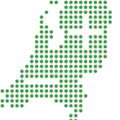
Everyone who works on the development of batteries in the Netherlands, small companies, multinationals and knowledge institutes, has joined together in the BatteryNL consortium to develop the next generation of batteries within eight years based on a better understanding of material interfaces. Prof. M. (Marnix) Wagemaker (TU Delft - Faculty of Applied Sciences) is the project leader of a €9.3 million project funded by NWO-ORC.
24 November 2022
Quantum sound connects future quantum devices
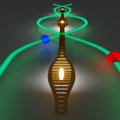
Physicists from the Gröblacher lab at TU Delft have built a device that can link different quantum devices and qubits to each other. This marks the first time that scientists are able to store as many qubits as they’d like within a very compact area on this type of chip.
22 November 2022
ERC Starting Grant for spying on microscopic blood vessels in the heart and brain
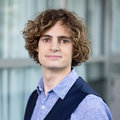
The European Research Council (ERC) has awarded a Starting Grant to Delft physicist Sebastian Weingärtner for his research on novel imaging methods to tackle heart and brain diseases.
22 November 2022
Taking a look at the 3,000-year-old sword
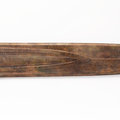
The Ommerschans sword is one of the most important pieces from Dutch prehistory and is part of the collection of the Dutch National Museum of Antiquities. This extraordinary sword has now been examined at the TU Delft Reactor Institute, in search of information about its composition and method of making.
22 November 2022
Fossil free fuels for floating power plants
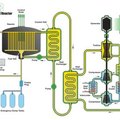
TU Delft, the Netherlands and Seaborg Technologies, Denmark, started a one year project on the investigation of fuel molten salt chemistry for the development of an innovative molten salt nuclear reactor design. The researchers at TU Delft are Dr Anna Smith (Associate Professor) and Lukasz Ruszczynski (Postdoc). Seaborg Technologies’ vision is to deliver clean, cost-competitive, and safe energy with their promising Compact Molten Salt Reactor (CMSR) concept.
17 November 2022
Electric technology to save energy in drying processes
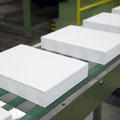
Scientists of TU Delft and four other Dutch universities join forces to save energy in drying processes. In the ELECTRIFIED project, the researchers will use the power of electricity and electrical fields to develop breakthrough technologies for large energy savings in industrial drying processes.
16 November 2022
Freek Pols becomes an Education Fellow
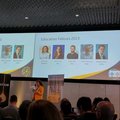
During last education day, Freek Pols became one of the TUD Education Fellows: The Delft Education Fellowship recognises and appreciates the efforts of lecturers for educational innovation and boosts the impact on educational reform and development. Freek's project, entitled: The road to scientific inquiry “Transforming lab courses”, focuses on setting up collaboration between the four educational programs of our faculty with regards to the introductory lab courses.
16 November 2022
Major grant boost for new field of cellular agriculture
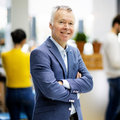
On 21 October 2022, a government grant worth €60 million was awarded for an ambitious proposal in the field of cellular agriculture, a young discipline that aims to produce animal products such as meat and proteins directly from animal cells and microorganisms. The financial support – the largest grant ever provided for cellular agriculture by a national government – is from the National Growth Fund.
15 November 2022
Eight health professors receive double appointment simultaneously
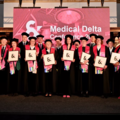
Today, eight professors were simultaneously inaugurated as "Medical Delta professors" at Leiden University, LUMC, TU Delft, Erasmus University and/or Erasmus MC. With an appointment of two or more of these five academic institutions, they combine technology and healthcare in their professorships.
11 November 2022
Cleaner and eco-friendlier wastewater
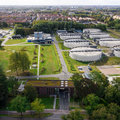
PhD candidate Edward van Dijk is defending his thesis on the Nereda® wastewater treatment technology today. He combined his doctoral programme with his work at Royal HaskoningDHV, where he is doing research into water treatment installations that convert wastewater into clean surface water.